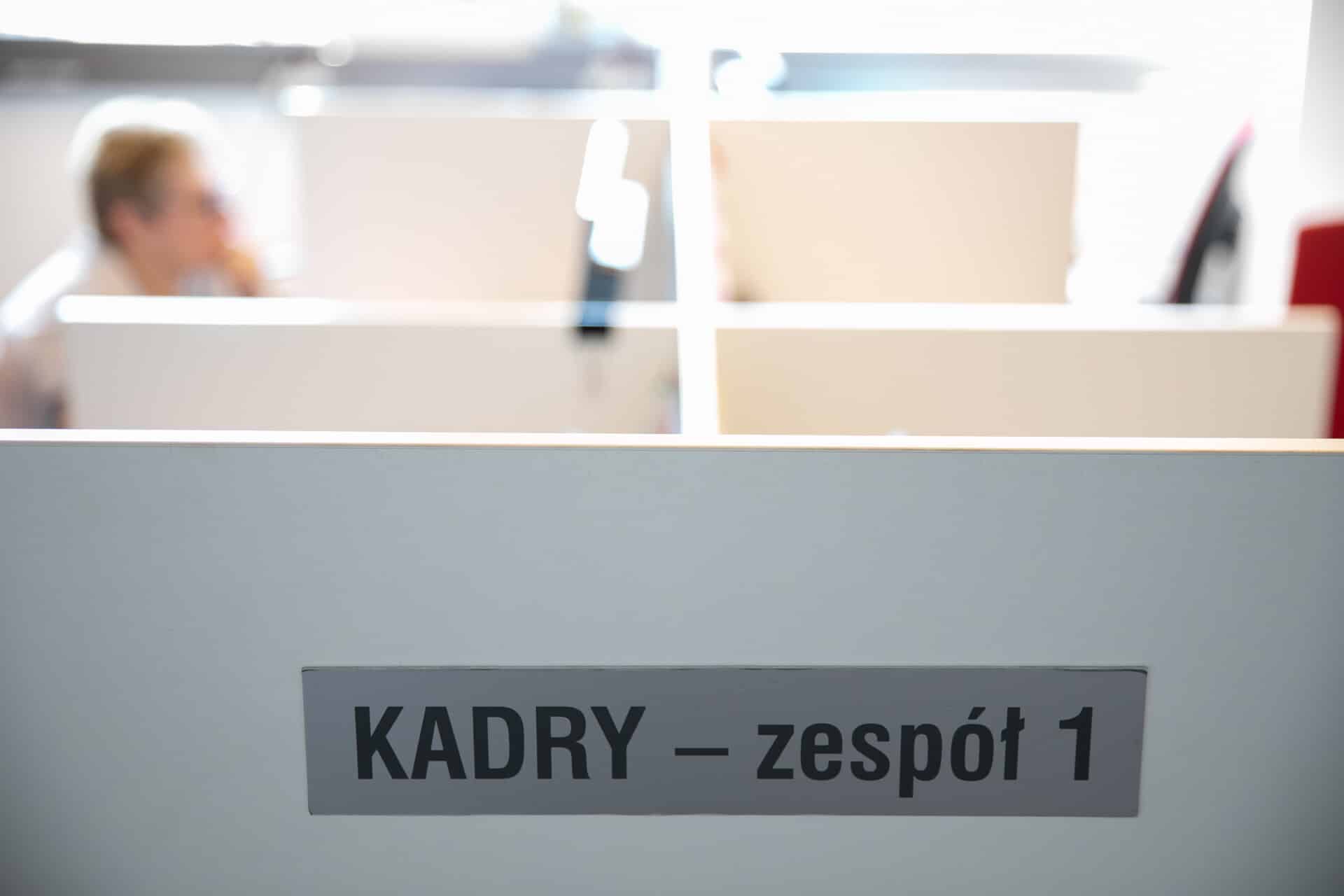The labor market is constantly undergoing changes, and employers must be aware of these changes if they aim to build teams that can reach their full potential. This is a major challenge for HR departments. Team management does not operate in isolation, but in a mix of ever-changing legal, social, and technological conditions. What trends are emerging in HR that we should be paying attention to now?
1. **DE&I.** This acronym, which is making great strides in HR departments, stands for recognizing and supporting additional groups that may experience discrimination due to their characteristics. “Diversity, Equality, and Inclusion” may, for example, encompass employees with young children, people approaching retirement, neuroatypical individuals, immigrants. According to the “People at Work – A Global Workforce View 2023” study, 53 percent of respondents noticed progress in the area of DE&I in their workplace over the past three years. “In the past, DE&I primarily focused on compliance with legal regulations,” says Anna Barbachowska, HR Director at ADP Polska. “However, internal corporate regulations that exceed the provisions of the law, which deal with various issues such as supporting the personal situation and private life of employees, citizen rights issues, and anti-discrimination activities, are becoming increasingly common. For example, employee volunteering, which can be performed during working hours as defined by the company, is becoming popular.”
2. **Salary Transparency.** This topic is becoming increasingly louder in the context of increasing fairness in pay. From 2026, EU countries must implement regulations that put into practice the provisions of the pay transparency directive, however, organizations and recruiters are already taking action in this area. Anna Barbachowska emphasizes – “If leaders do not take care of their wage strategy internally now to prepare for wage transparency, they will not be able to credibly communicate how much they pay their employees and why. In the future, this may cause problems as the idea of pay transparency is applauded by employees”.
3. **Ethics and compliance.** In the face of the rapid development of generative artificial intelligence, ethics and compliance are issues that organizations must be aware of. The numerous – and constantly new – ways of using artificial intelligence create an ethical context for new applications and make us ponder about their compatibility with existing regulations.
4. **Technology at the service of HR. Smart Technology Development** also affects tools used in HR departments. Generative artificial intelligence optimizes and automates HR and payroll tasks, and thanks to releasing time, shifts the priorities of HR personnel.
5. **Outsourcing HR and payroll tasks.** The consequence of the development of automation in HR departments is to increasingly turn to outsourcing in this area.
6. **Wellness, awards, and recognition.** Non-wage benefits and a culture of feedback are particularly appreciated by employees. Therefore, HR service providers are offering more and more new tools to reward and acknowledge employees.
7. **Investing in skills.** The Polish labor market has recently been exceptionally receptive, and the shortage of workers goes hand in hand with a still relatively high percentage of people who are not professionally active. Despite this, employers struggle to fill positions. There are mismatches between the education system and business needs, unresolved social problems, and the strength of stereotypes.
These are just a selection of the many changes and trends currently shaping the world of human resources. Employers, HR departments, and workers alike would benefit from staying informed about these issues to anticipate changes and adapt strategies accordingly.
